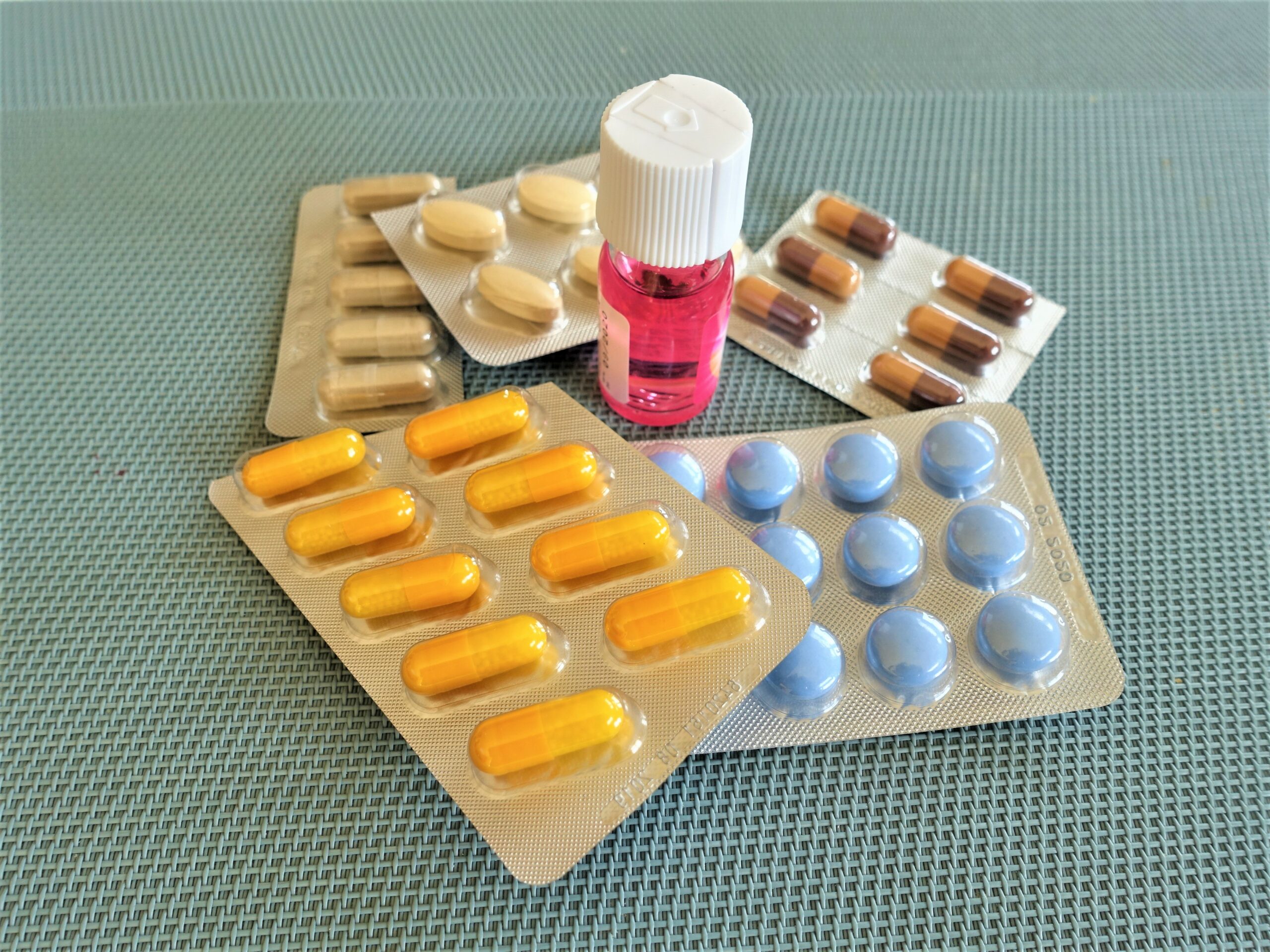Do you swallow dietary supplements because you may have heard or read about them? Do you even swear by it? That’s not entirely wrong.
The Whole Biohacking Scene Biohacking: optimize yourself! lives from it, literally. You only feel part of the scene when you have a considerable collection of Supplements.
It’s easy to lose track. The pharmacies and drugstores are full of such preparations, with different dosages and compositions. According to the latest studies, only 30% of the EU population eat healthily according to WHO guidelines. So that the majority does not or insufficiently.
The fact is that even with a healthy nutrition we are not sufficiently supplied with micronutrients and amino acids. Industrially processed foods, depleted soils, greenhouse effect in fruit and vegetable cultivation are some of the factors responsible. As a result, important elements for building and regeneration the body are missing. Also on a mental level.
50% of people do not feel sufficiently fit and mentally overwhelmed.
In an earlier post I wrote extensively about the meaning and benefits of dietary supplements.Nutritional Supplements—a smart addition!
- Let’s start with selenium. The agricultural soils are poor of it. Likewise the organic systems. The daily requirement of at least 50 mg selenium is not covered by this.
- Sun vitamin D is also found in foods only to a limited extent. This puts people in northern latitudes at a disadvantage during the winter months.
- Omega 3 fatty acids also develop their positive effect only in higher doses, which we cannot achieve with oil, nuts and fish.
- B vitamins need optimal absorption in the gastrointestinal tract, which is not always the case.
- “The King Vitamin” C loves freshness. It disappears within 40 minutes of cutting fruit and vegetables. Cooking can’t stand it at all. However, it is essential. In the Middle Ages, seafarers often lost their teeth due to shortages.
- Magnesium and zinc are also in short supply. Anyone who does not eat a pot of porridge every day is not optimally supplied.
- A lack of these substances causes discomfort, in the worst case it causes illness. With an adequate balance, however, health can be maintained and some diseases can even be cured. However, uncontrolled intake is wrong without knowing what you actually need. Here, too, every person is unique in their physiological constitution. In addition, there are various lifestyles and health conditions.
According to the differences, the addition of Supplements also depends on requirements and is variable. It is no coincidence that “Personalized Supplementation” or “PS” is the latest trend in health medicine.
This begins with a blood sample and the diagnosis of a possible deficiency. This is used to calculate your personal need for micronutrients and amino acids. Some practices/doctors and laboratories work hand in hand in this field. Some supplements companies offer individually composed granules.
Here are my 5 tips for optimal supply of PS agents:
1. Find certified practices specializing in Personalized Supplementation
2. First carry out a blood sample analysis, then create an individul supplement list with dosage information.
3. Take your Personal Supplements for 3-4 months
4. Blood sample check again
5. If there is an optimal supply and an improvement, continue to follow the individually created supplementation. An annual follow-up check should be made.
Voilà.




